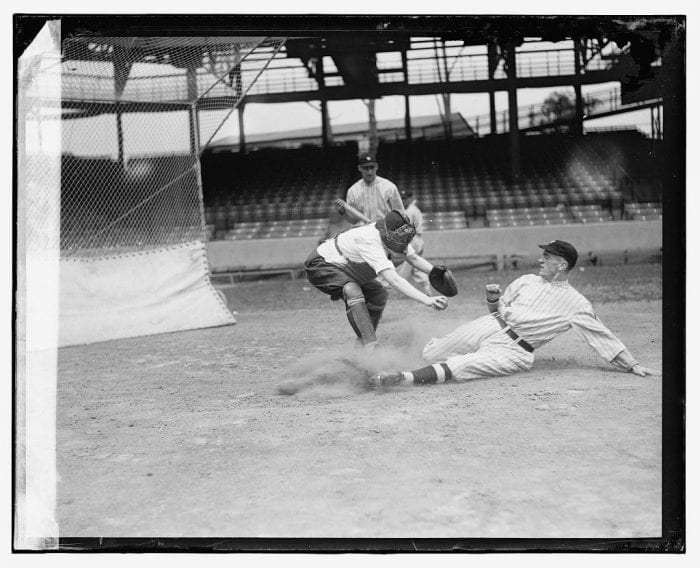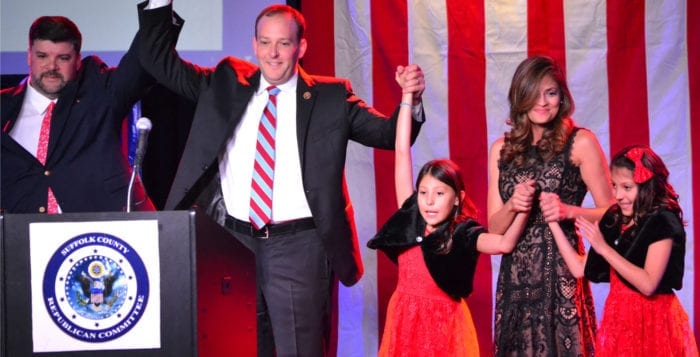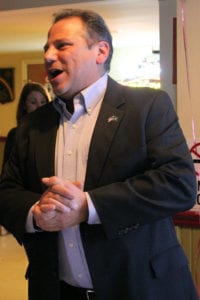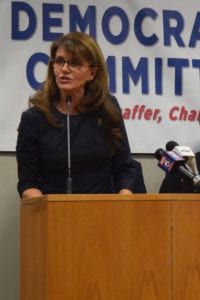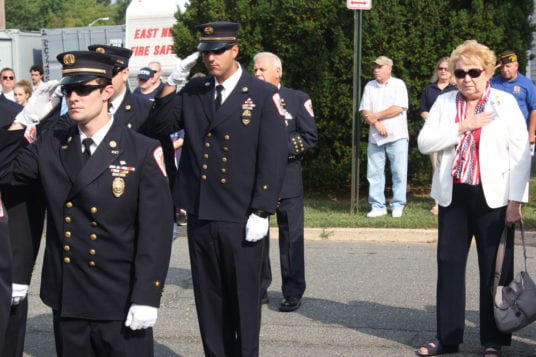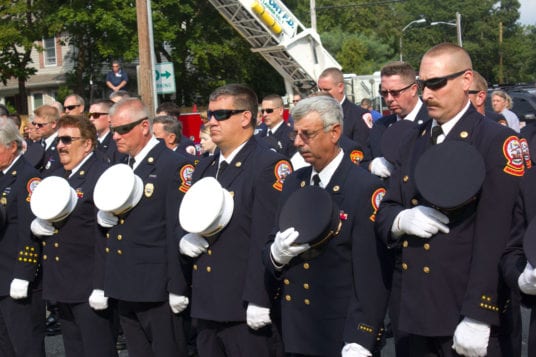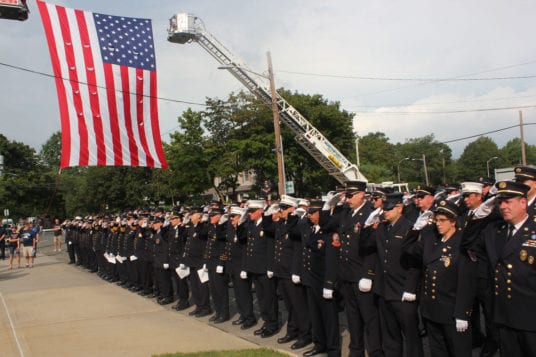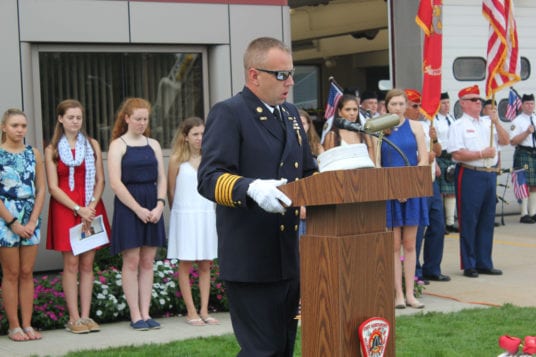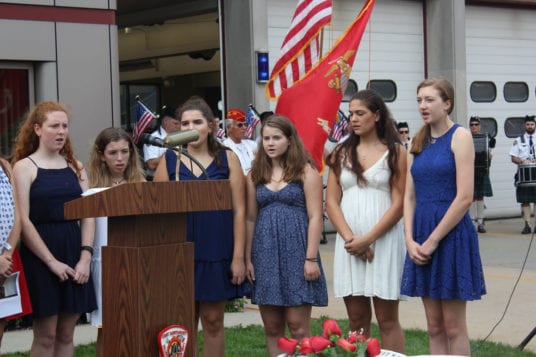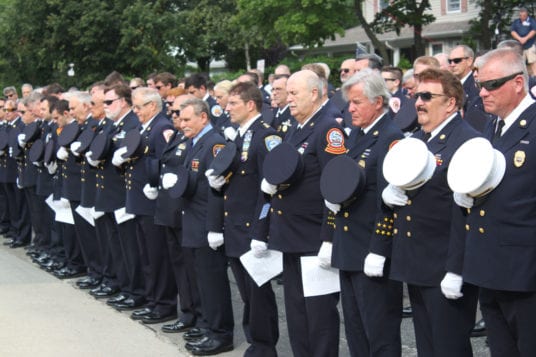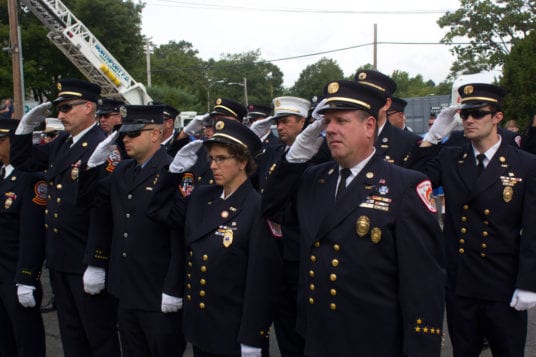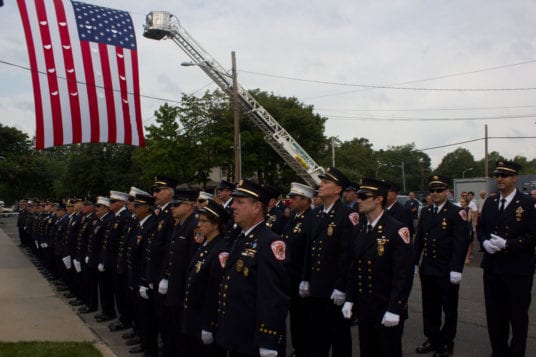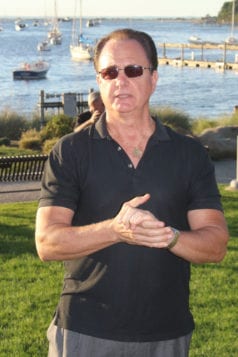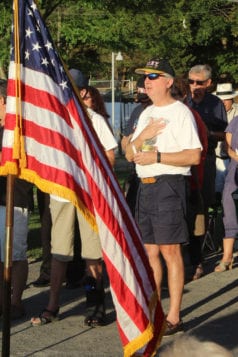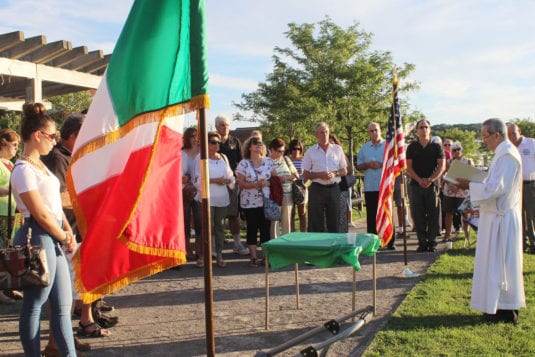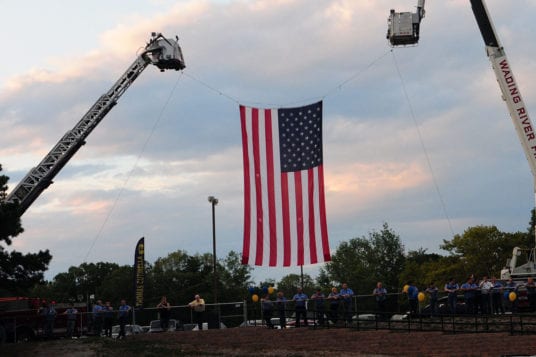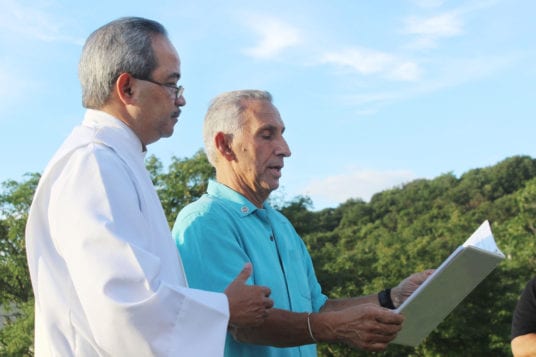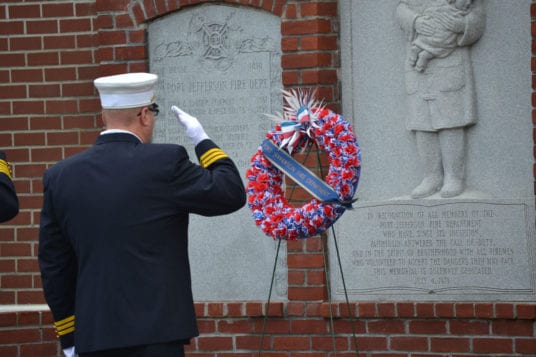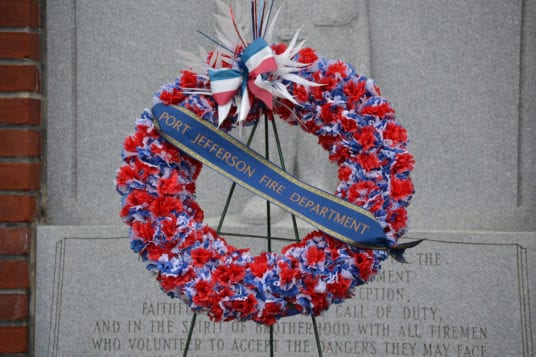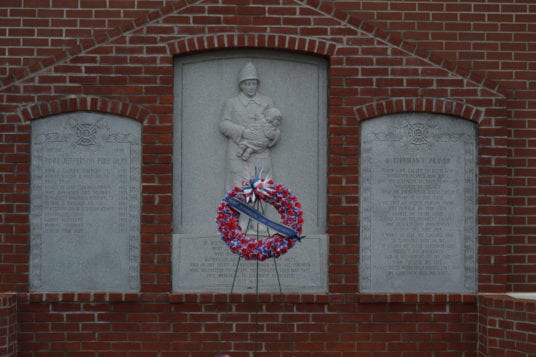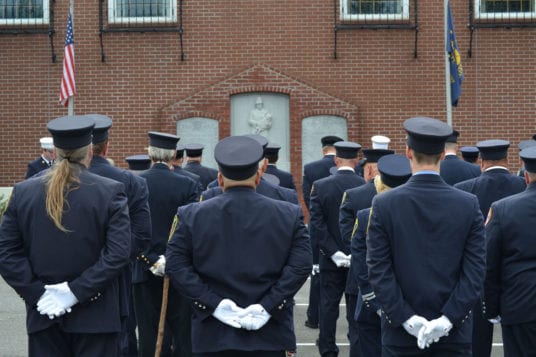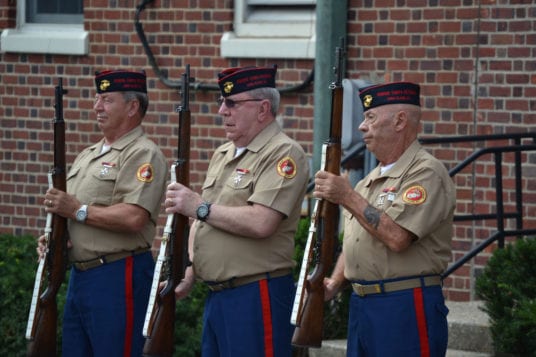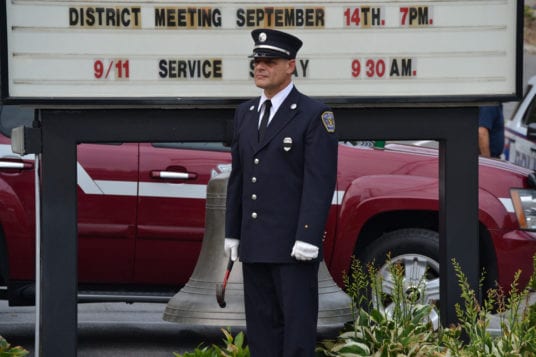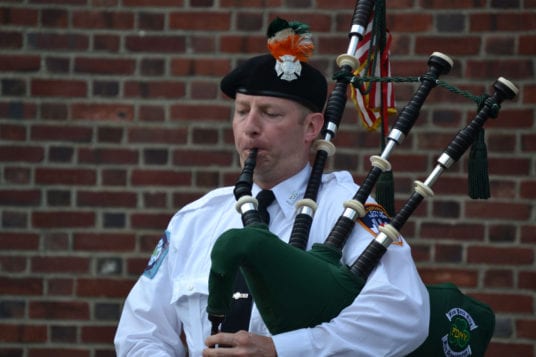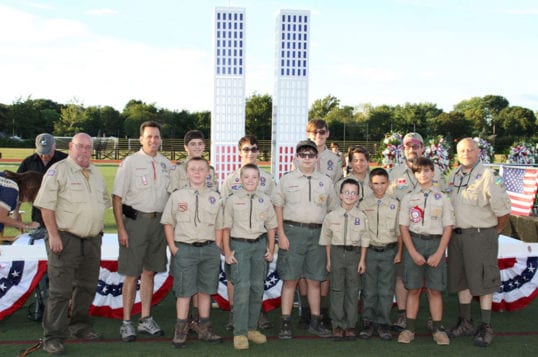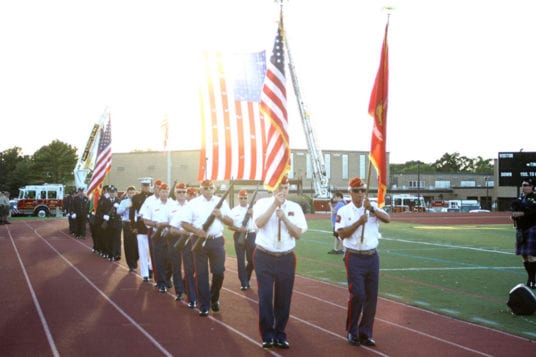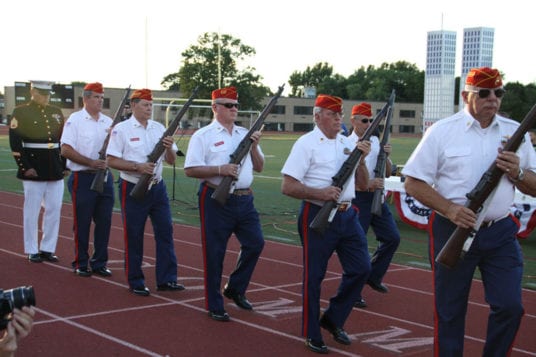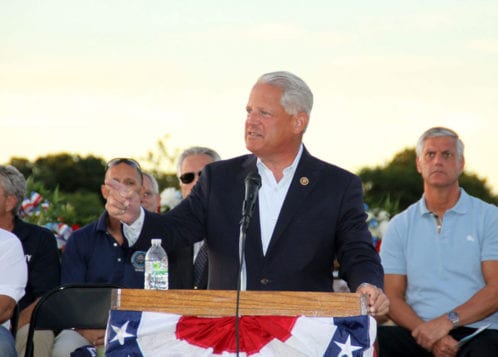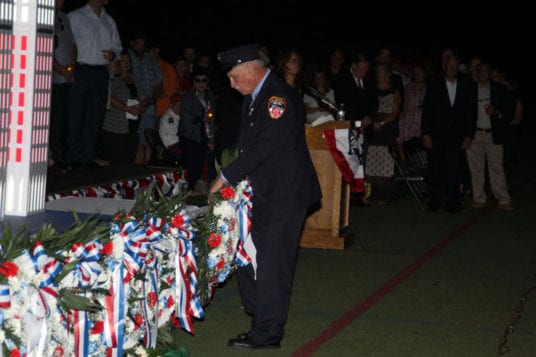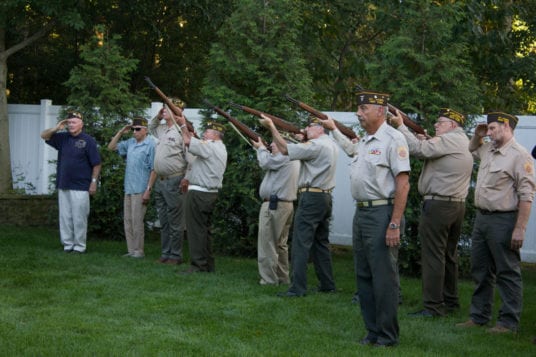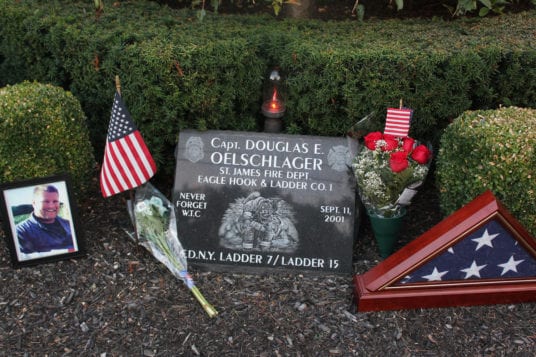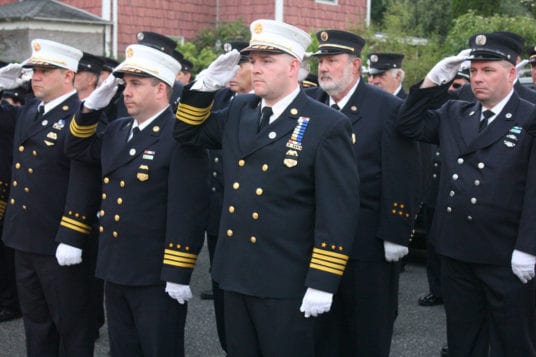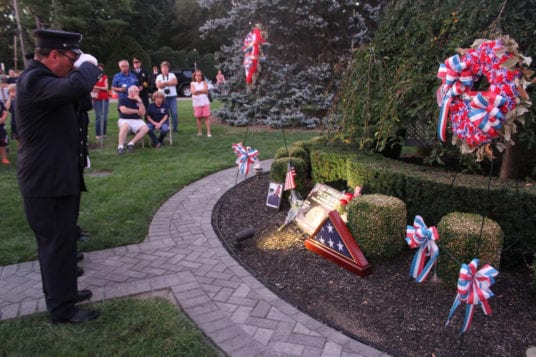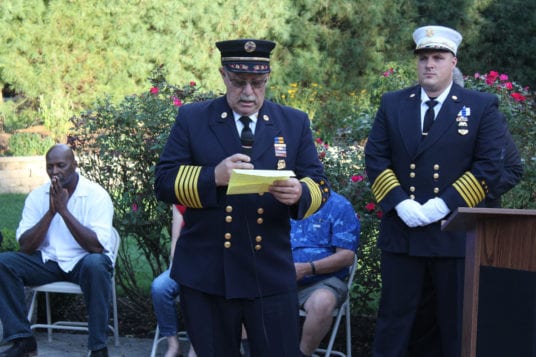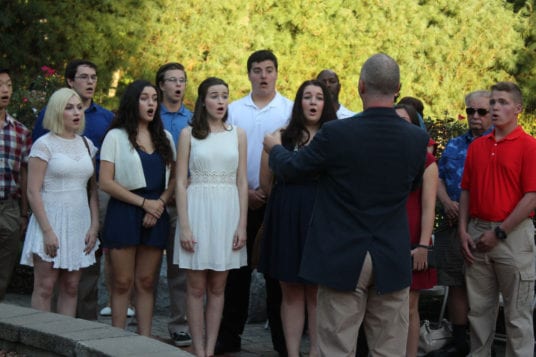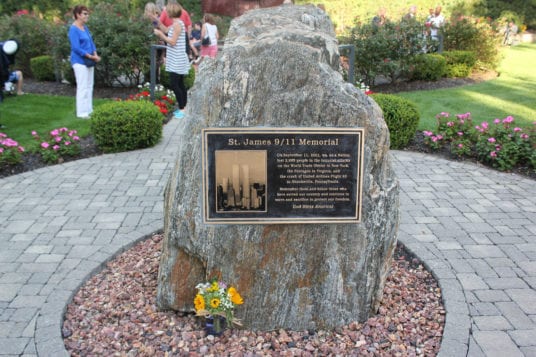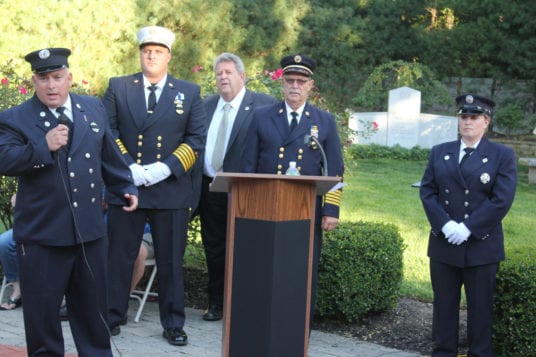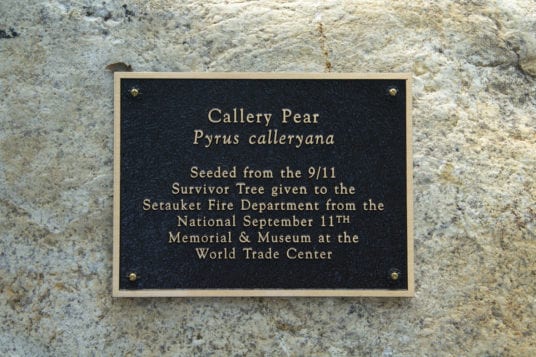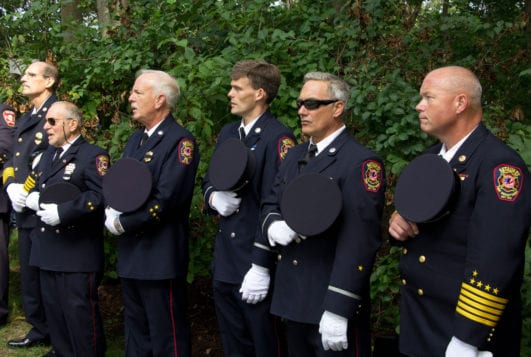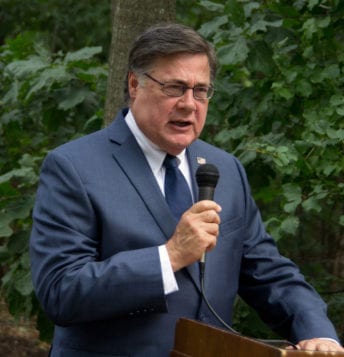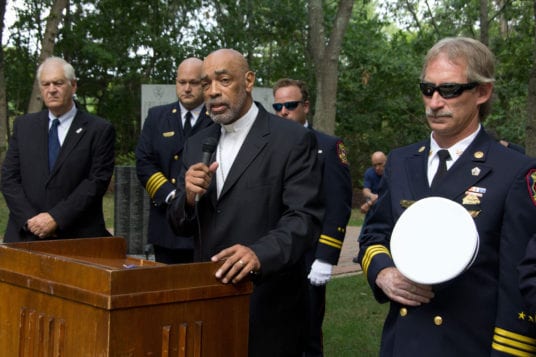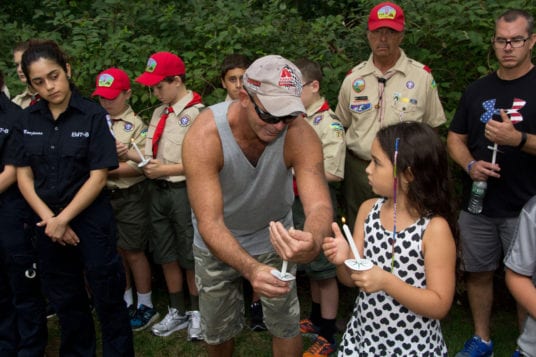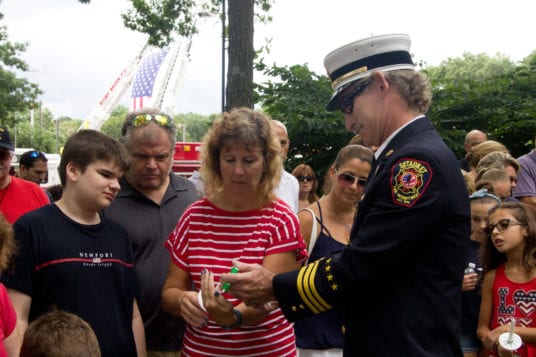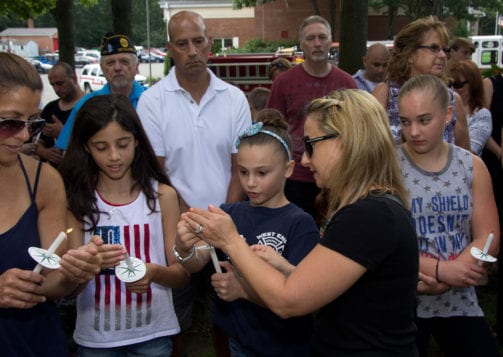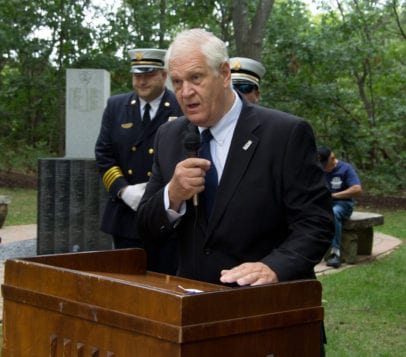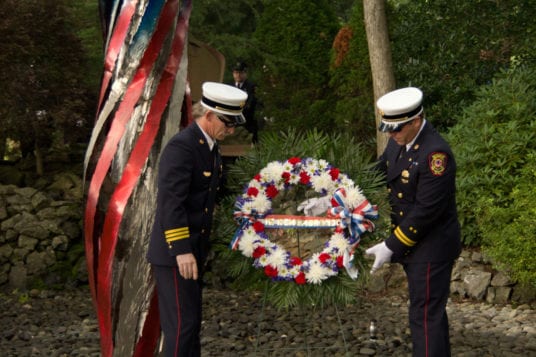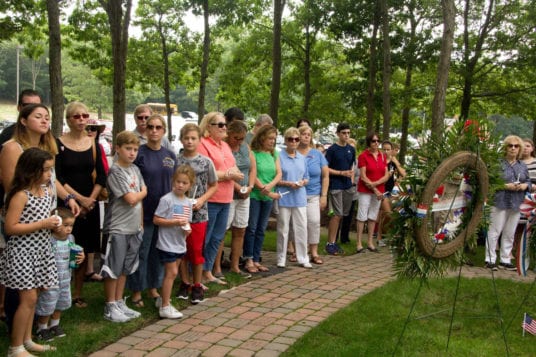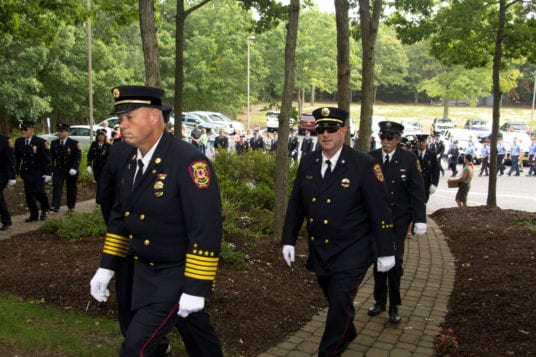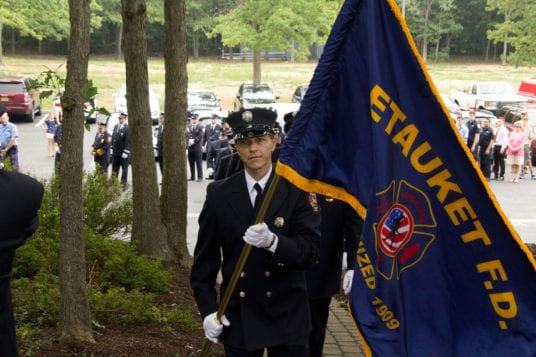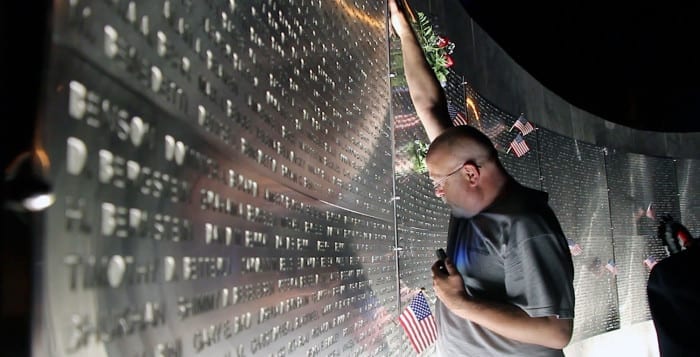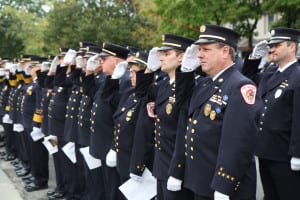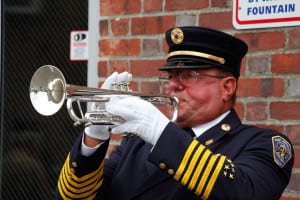During this month, the sounds of “play ball” have been heard from every baseball stadium in the United States and Canada.
The smell of hot dogs, popcorn, peanuts and the sound of the bat hitting the ball has been for many American baseball fans. Although COVID-19 has been a complete disruption to the American way of life, there have been many troubling military, economic, social and political experiences throughout history.
The one constant for the source of morale and goodwill has always been the playing of our National Pastime to help Americans cope.
This occurred after the election of President Abraham Lincoln in 1860, as the United States embarked on the ferocity of the Civil War. As the northern and southern states fought against each other in a conflict that lost almost one million men from both sides, baseball was a pivotal role in establishing morale.
In some military camps, the baseball rules varied, as it was common for large groups of soldiers and local citizens to watch different military units play against each other, before they went into battle. There was the unique situation of Union prisoners of war that were permitted by the Confederate authorities to play baseball during their confinement.
Within Union bases, the doctors felt that this sport kept the men in good shape, spirits and out of trouble when they were not fighting. While both regions were engaged in one vicious battle after another, baseball was played by the two sides in the winter and spring months. It allowed the men to handle the issues of boredom, as it took their minds off battles like Shiloh, Antietam, Gettysburg, Vicksburg and Cold Harbor.
It was believed that baseball evolved into one of the most popular sports of this time, surpassing, boxing, wrestling, football, running races and cricket.
Before some of these men were in the military, they enjoyed watching the earliest aspects of this game in Brooklyn, Manhattan, Philadelphia and Boston. Military officers from this war did not have to look too far to see who helped create this game. It was believed that Major General Abner Doubleday, a graduate from the United States Military Academy at West Point in 1842, was one of the earliest pioneers of this game.
He fought at Fort Sumter, Second Bull Run, Antietam, Fredericksburg, Chancellorsville and Gettysburg. This resident from Cooperstown, NY is buried in Arlington, and he still is tied to baseball at West Point as their field is named after Double Day.
Another national event that tested the will of Americans was the Great Depression. With our citizens barely holding onto their homes and not having enough food to feed their families, baseball almost faltered during this economic crisis.
It was a miracle that baseball was not a financial casualty, as it was estimated that from 1930 to 1931, this sport lost 70% of ticket sales, where prices were not quickly reduced by owners. As President Franklin D. Roosevelt stated, “the only thing that we have to fear, is fear itself.”
Many Americans openly wondered if baseball teams would have enough money to operate at a moment when a quarter of the population was unemployed. Between the depression and World War II, it took almost two decades for admission into baseball games to recover. Only the Detroit Tigers reached more than a million fans in a single season during this era.
As the Dow Jones Industrial Average bottomed out and the depression became felt around the world, baseball barely survived this economic catastrophe. And through these desperate times, Jimmy Foxx, Dizzy Dean, Lefty Grove and Lou Gehrig, all performed at high levels, in front of fans that needed an emotional boost.
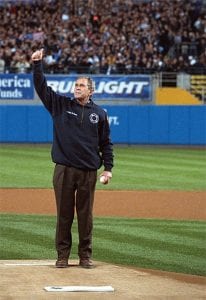
But players like a younger Yogi Berra, had to tell his manager to buy him lunch or dinner before the games. Most of the players money was spent on rent and there were times that his minor league manager bought Berra hamburgers, so he did not play on an empty stomach. Ever the favorite, local fans made Berra Italian Hero’s, that kept him strong enough to stay in the line-up.
On Sept. 1, 1939, World War II began, the depression came to an end and General George C. Marshall — the “Great Architect of Victory” — was promoted to be the Army Chief of Staff. And on this busy day, the Detroit Tigers defeated the Red Sox’s 14-10 within a high scoring game. This was the start of a volatile six years that saw Americans oppose the totalitarian powers of Nazi Germany and the Japanese Empire.
Directly after the Japanese attack on Pearl Harbor on Dec. 7, 1941, President Franklin D. Roosevelt was asked if the baseball season would be ended. Roosevelt stated that baseball should be played, as it would boost the spirit of our people to deal with the hardships of a major two front war in the Pacific and Europe.
Baseball icons like Detroit Tiger Hank Greenberg who struck fear into the eyes of opposing pitchers, was a pilot that flew over Himalaya Mountains that led from India into China. Ted Williams with his .406 batting average, had the finest hand-eye coordination in baseball, that also helped him become a fighter pilot that served during World War II and the Korean War.
New York Yankees Manager Ralph Houk was a two-time World Series champion that was almost killed by a German bullet when he reached Normandy three weeks after the June 6 D-Day landings. This manager that worked with Mickey Mantle, Roger Maris, Whitey Ford and Elston Howard survived the Battle of the Bulge and was awarded a Purple Heart for being wounded in combat.
It was possible that 1968 was one of the most difficult social and political time periods. This decade began under the younger generation of leadership under President John F. Kennedy and ended within several chaotic events. There were the assassinations of Robert F. Kennedy and Martin Luther King, the refusal of President Lyndon B. Johnson to run for a second full-term, and the emergence of Richard M. Nixon.
Thousands of miles away, the American military was fighting a tenacious enemy in the North Vietnamese Army and the Vietcong. The Tet Offensive demonstrated that while the North Vietnamese could be defeated in battle, they took heavy losses, and there was no clear victory in sight against this Southeast Asian country.
For baseball, this was the year of the pitcher, as Denny McClain won 30 games, Don Drysdale tossed 58.2 scoreless innings, Luis Tiant held batters to a .168 batting average and Bob Gibson had a 1.12 Earned Run Average. And through these successful moments on the mound, there were serious anti-war and civil rights protests.
With mayhem engulfing the United States at every turn, near and far baseball fans had a treat during the 1968 World Series. This was a seven-game series, where fans watched the domination of St. Louis Cardinal Bob Gibson struck out thirteen Detroit Tigers within the first game. Through the efforts of Detroit players Al Kaline and Mickey Lolich, the Tigers won a World Series, at a serious crossroads for this nation. The “Boys of Summer” helped navigate the chaotic waters that our people were forced to navigate as it approached the end of the 1960s.
The Sept. 11, 2001 attacks were perpetrated on a beautiful day, that forever changed the security apparatus of the country. As our people were reeling from this horrific assault on our way of life, it essentially became some of the longest days ever in our history.
Members of the New York Yankees and Mets visited rescue workers and military personnel that searched through debris for survivors. When baseball came back to America, fans watched as rivals like the Braves and Mets and the Yankees and Red Sox’s hugged before the games. Football teams across America waved the flag to show comradery for the rescue workers that spent numerous days in lower Manhattan, and fans during the 2001 World Series were elated at the sight of President George W. Bush throwing a strike to home plate at Yankee Stadium.
Bush flashed a thumbs up to the crowd that had tears in their eyes, as they eerily recalled the almost three thousand Americans that were killed by these attacks.
Through all types of modern issues like that of COVID, war, social, economic and political upheaval, baseball has always been an important source of comfort for Americans.
Rocky Point students Chloe Fish, Sean Hamilton, Carolyn Settepani and Madelyn Zarzycki contributed to this article.

